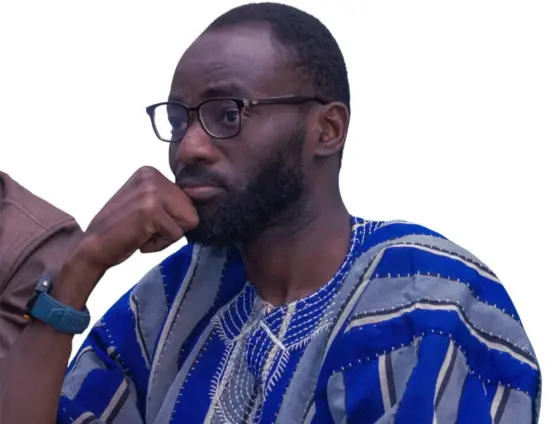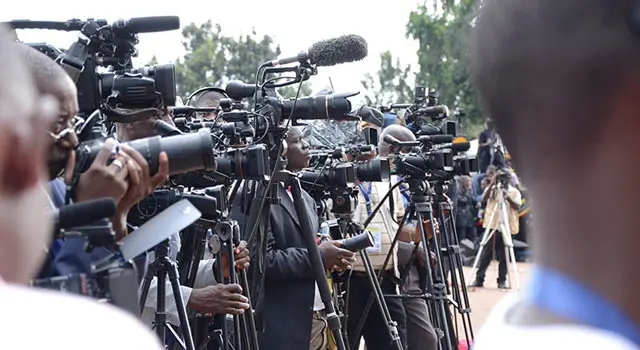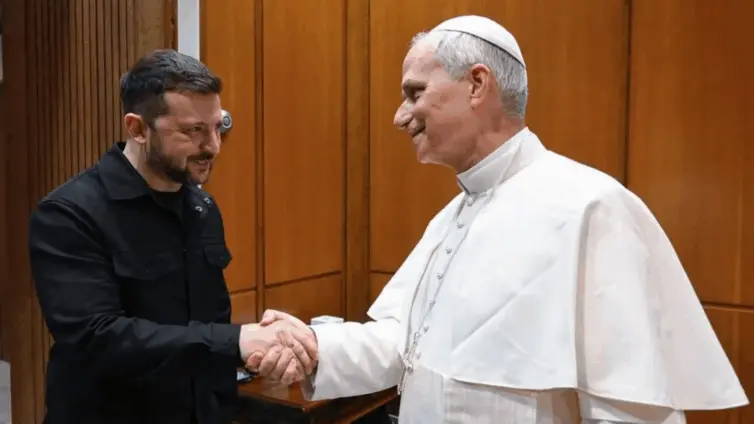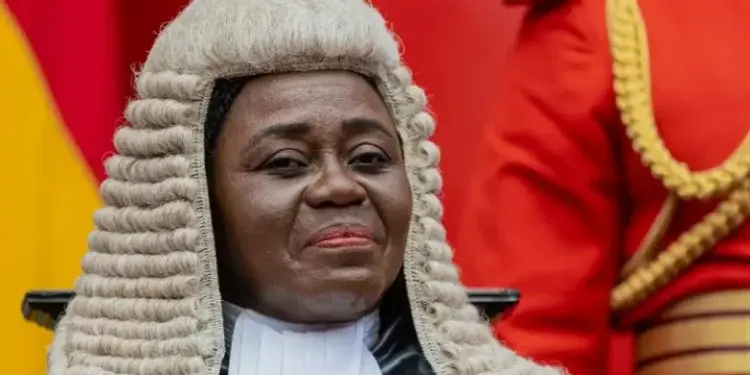Across West and Central Africa, the winds of political change are often turbulent, with the specter of coups casting a long shadow over nations grappling with frustration and weakened regional institutions. While many eyes are fixed on Burkina Faso as the next potential epicenter of upheaval, Dr. Suleiman, a noted political analyst, suggests that this focus may be misplaced. He posits that Côte d’Ivoire, Togo, or Cameroon present more fertile ground for the next successful coup, raising critical questions about the factors that differentiate a “good” coup from a “bad” one in the complex African context. The prevailing wisdom might see Burkina Faso as ripe for change, but Dr. Suleiman argues that the fierce loyalty to its current leader makes a coup there not only unlikely but potentially explosive. The future of political stability in the region hinges on understanding these nuances, especially as the desire for change intensifies.
Since assuming power in 2022, Captain Ibrahim Traoré has solidified his grip on Burkina Faso through a combination of strategic military purges, carefully crafted ideological messaging, and the cultivation of loyalist militias. This has allowed him to build a strong base of public support, symbolizing a reclamation of African self-determination in the eyes of many. According to Dr. Suleiman, “Traoré is not merely tolerated—he is lionised by large sections of the public,” making any attempt to unseat him a move that would be perceived as a profound betrayal by his followers. This is a critical distinction that sets Burkina Faso apart from other nations in the region where public sentiment towards their leaders is far less enthusiastic.
Furthermore, Burkina Faso’s membership in the Alliance of Sahel States (AES), alongside Mali and Niger, provides a crucial buffer against external interference. This alliance means that a coup in Burkina Faso would not be viewed as an isolated event, but rather as a declaration of war on the state, its people, and its AES allies. The implications of such a scenario are far-reaching, potentially destabilizing the entire Sahel region. Given the potential for violent resistance from loyalist forces, youth groups, AES allies, and even foreign fighters, Dr. Suleiman warns that “a coup in Burkina Faso would be neither good nor successful. It would destabilise not only Burkina Faso but the wider Sahel.” This stark assessment underscores the complexities of the situation and highlights why Burkina Faso may not be the most likely location for the next coup, despite its reputation for political instability.
In contrast to Burkina Faso, Côte d’Ivoire presents a seemingly stable facade, yet beneath the surface lies a growing sense of frustration fueled by President Ouattara’s controversial third term. Fears are mounting that the 2025 elections will be another tightly controlled affair, further eroding public trust in the democratic process. Past mutinies, such as the one in 2017, serve as stark reminders of the underlying unease within the military ranks. A segment of the officer corps might believe that a coup could succeed, particularly if the situation continues to deteriorate and opposition voices are stifled. Dr. Suleiman suggests that if Ouattara seeks yet another term, a coup framed as a democratic reset could potentially gain widespread support, making violence less likely compared to Burkina Faso, where loyalty to the junta remains significantly stronger. This scenario highlights the delicate balance between stability and suppressed dissent, making Côte d’Ivoire a more plausible candidate for political upheaval.
Togo, under the long-standing rule of President Faure Gnassingbé, also presents a unique set of circumstances conducive to a coup. Gnassingbé has been in power since 2005, continuing his father’s legacy, and recent constitutional changes allow him to remain in office until 2031, sparking criticism of what many perceive as a “constitutional coup.” This has led to growing disillusionment, particularly among the youth, who have known no other form of rule. Discontent within elite or military circles could potentially trigger a quiet, insider-led coup, framed as a way to break decades of dynastic rule and restart the democratic process. Dr. Suleiman notes that resistance in Togo would likely be less intense than in Burkina Faso, making it an attractive option for those seeking political change. The key is the framing of the coup as a necessary step towards democratic renewal, which could garner quiet support from a population weary of dynastic rule.
Cameroon, with President Paul Biya’s long rule nearing its end, faces a volatile environment marked by uncertainty and succession anxiety. Biya’s advanced age and the absence of a clear transition plan create a fragile situation, exacerbated by the ongoing Anglophone conflict, economic grievances, and widespread youth disillusionment. Upon Biya’s departure, the military might step in as a “stabilizing force,” intervening to preserve unity and stability. Cameroonians might see such military intervention as preferable to elite power grabs or ethnic fragmentation, potentially leading to little pushback. This scenario underscores the complex interplay between political stability and the military’s role in managing transitions of power, positioning Cameroon as another potential site for future political upheaval. The crucial factor is the military’s ability to frame its actions as a necessary intervention to prevent chaos and maintain national unity.
What constitutes a “good” coup? Dr. Suleiman emphasizes that public outcomes, not legal labels, increasingly shape African opinions on coups. A “good” coup typically removes an illegitimate or oppressive leader, enjoys broad public support, avoids widespread violence, commits to a genuine transition, and restores or improves constitutional governance. There is a growing divergence between “bad coups,” characterized by greedy power grabs, and “good coups,” which are seen as popular interventions against stagnant elites. This distinction highlights the evolving perspectives on governance and the desire for leaders who prioritize public welfare over personal gain. The perception of legitimacy and the commitment to democratic principles are key determinants in shaping public opinion towards coups in Africa.
While Burkina Faso’s radical stance might suggest it as a likely location for the next coup, its cohesive society and loyalty to Captain Traoré make it a less probable candidate. According to Dr. Suleiman, Côte d’Ivoire, Togo, and Cameroon, with their aging regimes and public weariness, are more susceptible to future coups. The key takeaway is that Africa must distinguish between power grabs and interventions rooted in public frustration. The next successful coup, if it occurs, will likely be in a nation where leaders have overstayed their welcome and the military senses public readiness for change.
Image Source: MYJOYONLINE






















